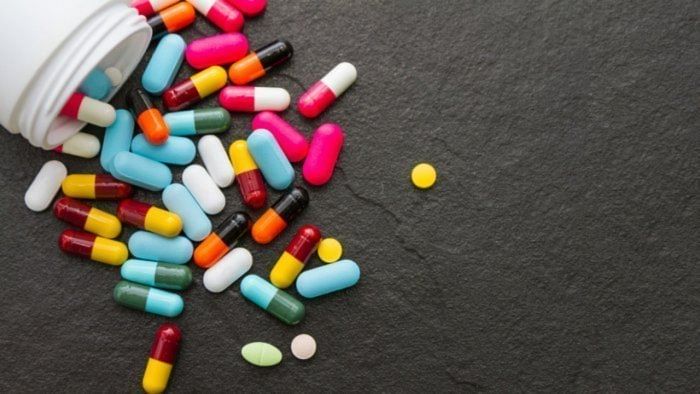
Prolonged procurement cycles for medicines by the Karnataka State Medical Supplies Corporation Ltd (KSMSCL) have meant that the supply of essential drugs at government hospitals is intermittent or absent. These include drugs that are on the national list of essential drugs.
As a result, patients bear an average of Rs 500 as out-of-pocket expenses at government hospitals in 11 districts of the state, according to a quick survey by Sarvatrika Arogya Andolana Karnataka (SAAK), a state-level network of health rights-based organisations.
In fact, the fastest procurement cycle is 45 days after a request is filed.
Also Read | 10 best hospitals around the world in 2023
KSMSCL pools funds available at the state and national level under headers like the National Health Mission and places bulk orders of essential medication to minimise costs. Drugs procured are distributed to sub-centres, primary health centres, community health centres, taluk and district hospitals.
However, in the decade since its functioning, the organisation has not been able to ensure regular supply of essential drugs.
“Out of five medicines that were prescribed by the doctor, I was able to get only two at the hospital,” says Veersangaiah, a patient in Bengaluru. “I had to purchase the rest from a private pharmacy,” he adds.
KSMSCL managing director Chidananda Sadashiva Vatare acknowledges these delays. “An indent is submitted by the healthcare institution at the district level. The need is then assessed and a tender is issued. We have started a short-term tender processing time of about 15 days,” he says.
Insufficient stocks have become so much of an issue, says Veersangaiah, that even doctors often tell patients to buy medicines from pharmacies and not depend on the hospital. As a result, pharmacies have mushroomed outside district hospitals, primary health centres and sub-centres.
However, even orders processed through tenders can take more than 45 days to reach their destinations.
“KSMSCL is working on automating the process,” Vatare adds.
Activists cite the example of Tamil Nadu, which is considered the gold standard. For about two decades, the state has been consistently supplying free and subsidised medicines through the Tamil Nadu Medical Services Corporation. “There are no private pharmacies around government health facilities in Tamil Nadu — this means that the hospitals have consistent supplies of essential drugs, including cancer medication,” says Dr Gopal Dabade, a health activist and ENT surgeon. He is also a member of SAAK. Such a system is also in place in Rajasthan and Kerala.
In contrast, in several health institutions in Karnataka, generic medicine outlets or Janaushadhi Kendras, have been set up. “This forces out-of-pocket spending among people who cannot afford it,” explains Dabade.
Most patients who visit district hospitals come on referrals from sub-centres, PHCs and other doctors. For patients who travel several kms for medical care, and those with chronic conditions like diabetes and hypertension, lack of free or subsidised medication means relying on external pharmacies. “Patients cannot afford to travel another day. This would mean another day away from work and more to spend on transport just to check if stocks are available in govt hospitals,” says Dr Prashanth N Srinivas.
A constant lack of stocks has also meant that even patient attitudes have shifted over the years to depend on pharmacies — where drugs are thought to be better.